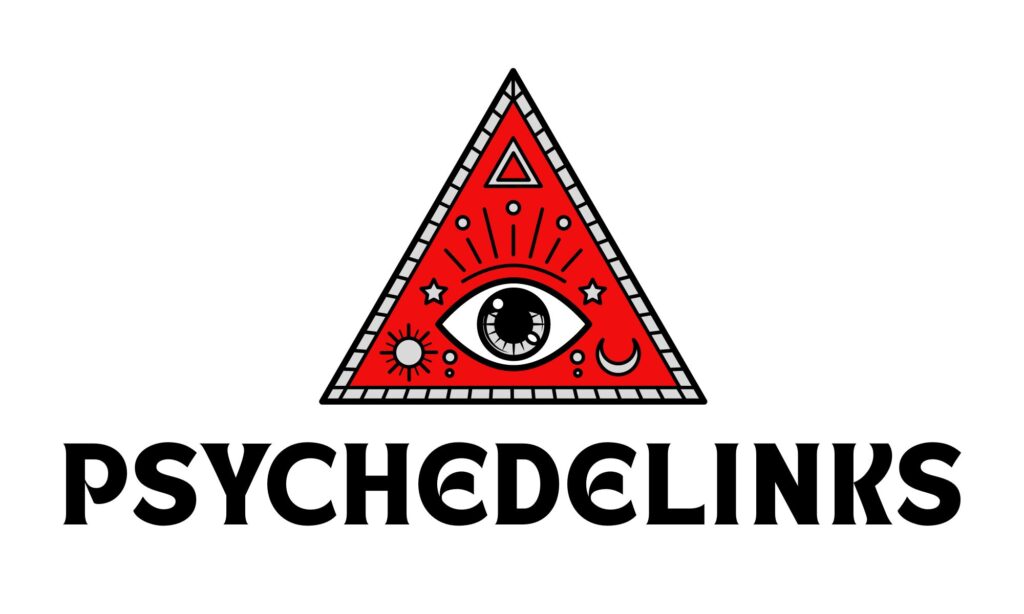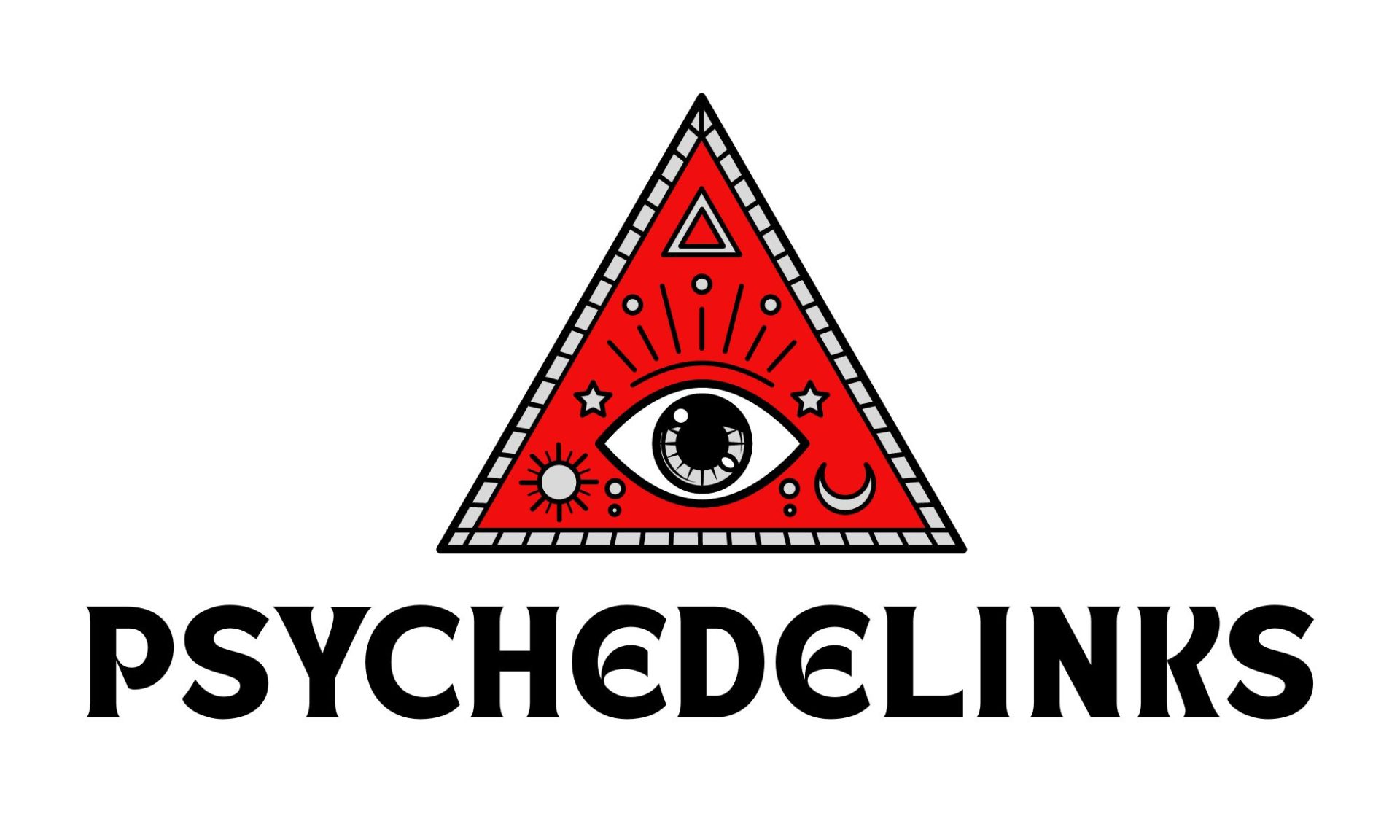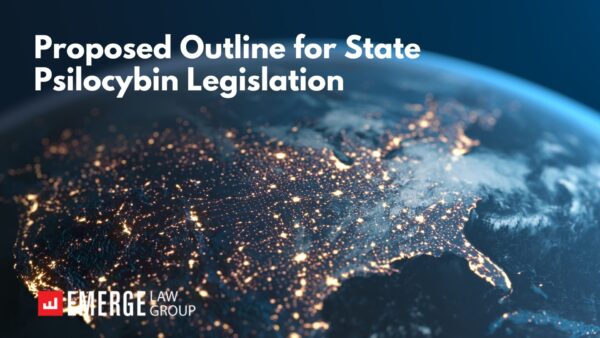This Psychoactive Plant Could Save Lives—And Everyone Wants To Cash In
Tabernanthe iboga is a tree whose roots contain a powerful psychoactive compound called ibogaine. It is native to several Central African countries but is most culturally established in Gabon. Studies have shown that ibogaine, which takes its name from the tsogho word “to heal,” can prompt significant decreases in PTSD symptoms. But ibogaine also has risks. It can strain the kidneys and liver, although deaths are usually attributed to its effect on the heart. And behind the flood of positive stories about changed and saved lives hides an embarrassing truth: the iboga and ibogaine used by clinics around the world originate largely from plants poached illegally. That’s because iboga is subject to the Nagoya Protocol, a United Nations agreement designed to prevent cultural and natural exploitation by establishing a sharing of benefits benefiting producers of genetic resources and their environment. The first iboga to be legally exported from Gabon just left the country, bound for researchers and clinics in Canada and Mexico. “We have never refused to share iboga with others,” said Denis Massande, president of the Association for the Development of Culture of the Pygmy Peoples of Gabon. “But now that this iboga business has gained notoriety around the world, if you don't put regulation in place, iboga will disappear.”
“Colorado legalized the personal use of iboga under the Natural Medicine Health Act, and given its apparent therapeutic potential I would expect other states to follow suit.” said Emerge Law Group’s Matt Brockmeier. “But it’s important to balance access with other concerns, like the rights of indigenous communities where iboga is sourced, as well as safety, considering the associated health risks, which are not just a ‘bad trip’ but potential cardiac complications.”



